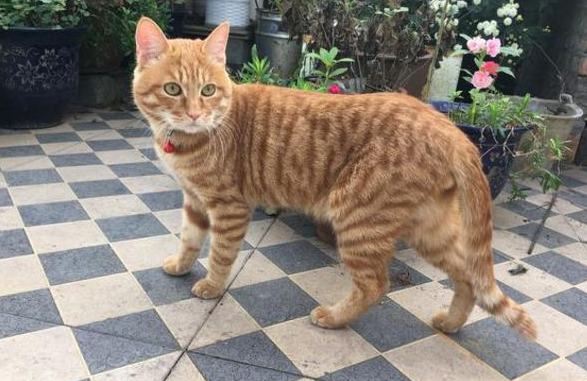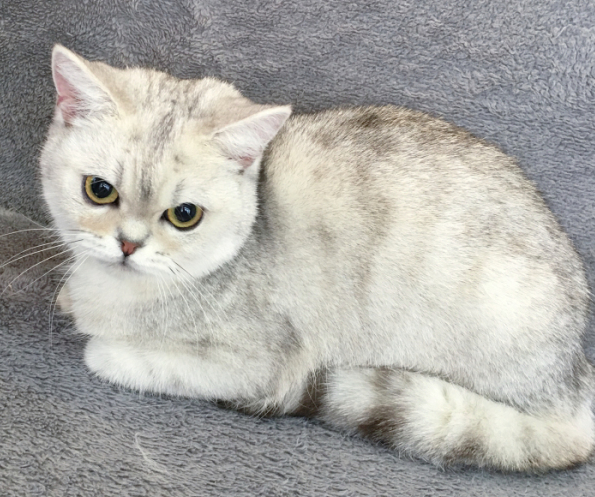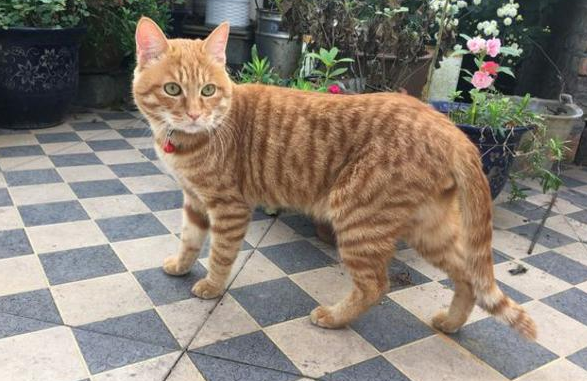Some people for the home of the cat master is pampered, I do not know is actually in disguise on the love of meow health damage, so it, I’ll give you a little bit of popularity today about the cat can not eat what food:
Some cats and cats are more greedy, what people eat it also want to eat, it see you eat it feel fragrant, feel sure delicious, you feed it to eat. But if you do this for a long time, it will gradually damage the cat’s health.
So it’s common sense for cat owners to do an analysis among the things people can eat, and to be aware of what can’t be given to cats, what can’t be freely given to cats, and what can’t be given to cats more than once.
1. Onions/scallions
Onions contain ingredients that destroy red blood cells in cats, and while you wouldn’t feed onions alone, be careful not to mix them with meat.
2. Internal organs
It’s a cliché that is most likely to cause skin problems in pets, such as eczema, dandruff and itchy skin. The same goes for cats, as too much offal (e.g. chicken liver) can lead to vitamin A toxicity and bone problems, so it’s good to give them their favorite liver only once in a while for a change of taste.
3. Fish and chicken bones
Some people assume that cats can chew bones properly, when in fact they don’t chew their food, they swallow it. Fish bones can pose a risk of puncturing the stomach, and it is better to get rid of them. Moreover, fish bones contain calcium and phosphorus, which can cause urinary stones in cats if consumed for a long time.
The bones of birds and other avian animals are hard and when a cat chews on them they produce sharp fragments that can sometimes puncture the cat’s mouth or internal organs, so to avoid cats eating these bones, here’s a common method of softening or crushing the bones by braising them in a pressure cooker and adding them to the feed.
4. Dried fish
Sun-dried fish contains a relatively large amount of magnesium, which can easily induce and cause urinary stones or urinary tract diseases in cats, so try to let cats eat as little as possible. An adult cat needs about 0.3 to 0.5 grams of salt a day, so be careful not to overdose on salt in the cat’s feed.
5. Human meals
Our meals contain quite a bit of oil, salt and other flavorings, and some even contain quite a few spices, all of which should not be fed to pets.
An adult cat or dog only needs to eat food with 5% salt, too much oil and salt is not good for their body. Spicy is even worse, meat with spicy ingredients will dull the cat’s sense of smell and cause them gastrointestinal discomfort. For example, the most common fried chicken barbecue meat, the cat is willing to eat, but do not give it to eat.
6. Ice cream, custard + desserts
In fact, ice cream, cream cake, snacks, dumplings and so on these are not necessary to give the pet to eat, some contain too much sugar, some are not easy to digest, easy to cause obesity or diarrhea, in short, the pet’s intestines and stomach have a great impact.
7. Chocolate
Chocolate contains theobromine which can cause food poisoning. Chocolate poisoning can cause vomiting and diarrhea, frequent and disturbing urination, hyperactivity, rapid heartbeat and breathing and even eventual death due to loss of cardiovascular function. Be careful!
8. Milk + Raw Protein
In fact, many cat owners know that feeding their cats milk is not a very good thing to do, yet they believe that milk is the only thing that will give their cats the rich nutrition they need.
The lactose content of cow’s milk greatly exceeds that of cat’s milk, and cats lack an enzyme in their bodies that breaks down and digests milk, and their intestines often suffer from diarrhea because they can’t absorb the enzyme in milk.
Especially young cats should not be fed milk. But room temperature goat’s milk or yogurt (the temperature that cats like is about 30 or 40 degrees) can be fed, which is the same reason that some people can not drink milk but can drink yogurt.
Never feed your cat raw protein, which contains an antibiotic protein that neutralizes important vitamins in your cat’s body, making them deficient in their ability to absorb vitamins. Note! Cooked eggs and raw egg yolks have none of the above problems.
9. Raw meat
Raw fish and raw meat should not be consumed. Eating uncooked fish can make your cat deficient in vitamin B1 because raw fish produces an enzyme that destroys vitamin B1, and a deficiency in vitamin B1 in cats can lead to seizures, heart disease, and intermittent shock.
Additionally, giving raw fish to your cat can cause unnecessary parasite trouble, which can cause problems for you and your cat’s life. Nongda Animal Hospital has treated a number of cats with liver disease that were infected with parasites from eating raw fish, which led to generalized jaundice and hepatitis. Liver disease can also lead to liver ascites, and kidney disease, which are definitely terminal illnesses for cats.
Raw meat contains a large number of parasites (tapeworms, roundworms, toxoplasma gondii, etc.), which are harmful to cats as well as humans.
10. Seafood
There are many seafoods that cats especially love to eat but cannot be fed to cats, which are shrimp, sea crab, squid, cuttlefish, octopus, sardines and horse mackerel. The proteins in this type of food are not easily digested by cats and contain toxins that cause allergies in cats.
Big cats are still a little more suitable for this type of food, but eating too much of it can still cause allergies, salivation, vomiting, diarrhea and other symptoms, and in the case of kittens, it can even cause severe spasms and death. In particular, sardines and horsemeat fish contain a strange toxin to which cats react particularly strongly.
However, this type of food is particularly popular with cats and people because of its fishy flavor, so when we eat if there is on type of seafood, do not feed them casually because the cat begs for it. Even adult cats should only be fed a little, so don’t cause the cat pain by pampering it.
The meat of squid, yohimbe and some shellfish contains some ingredients that cats are not adapted to, and eating too much of them can cause indigestion and gastrointestinal disorders in cats. Dried euryhaline will absorb water and expand when it enters the cat’s stomach, so you should not let your cat eat too much of it. Some seafood can also trigger skin inflammation in cats, so let the cat eat a small amount before feeding, and give it in moderation only after there is no reaction.

